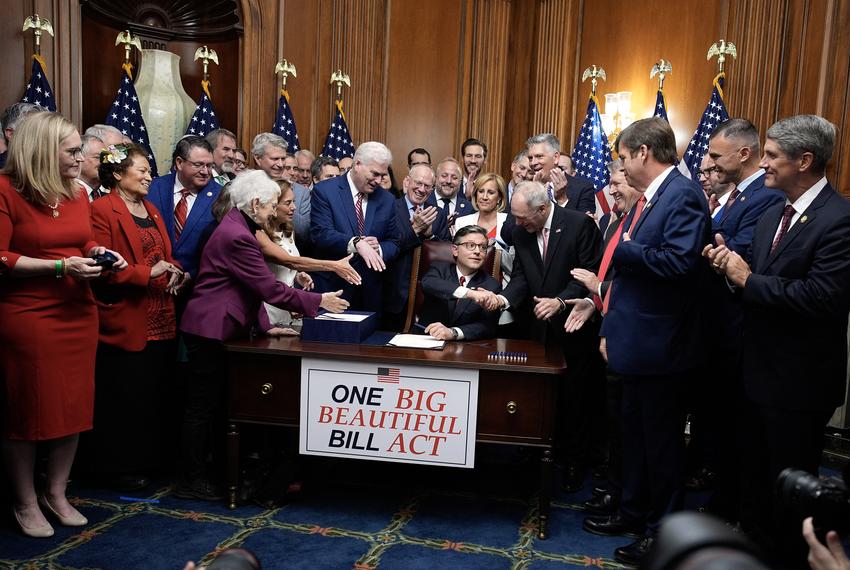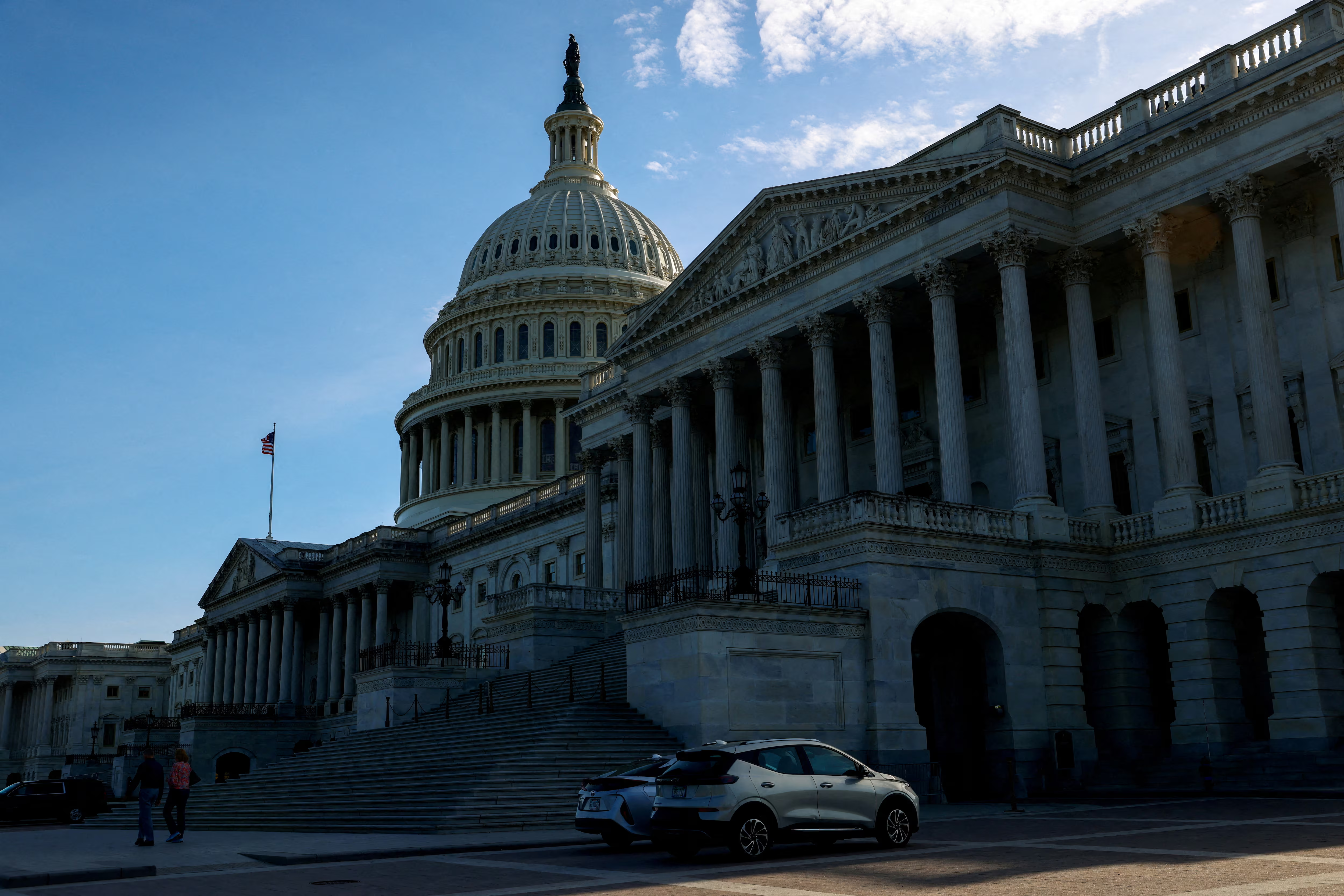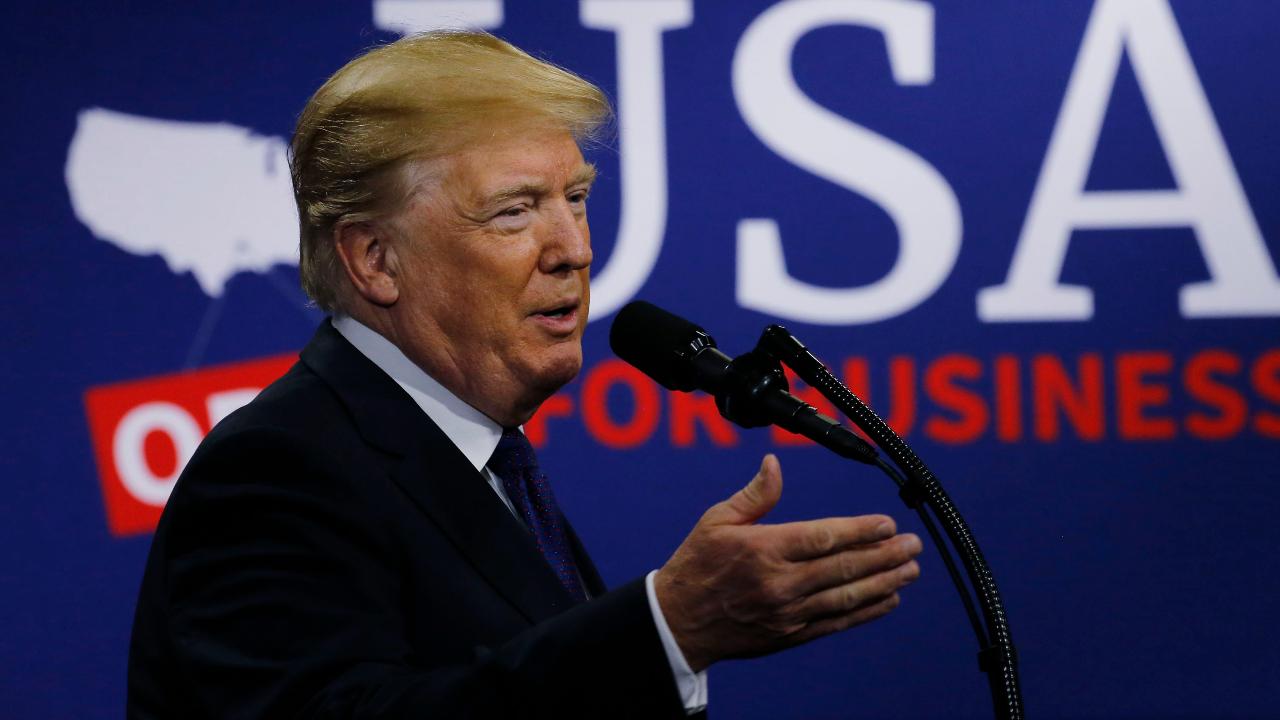One Big Beautiful Bill Reshapes America
On July 3, 2025, President Donald Trump celebrated the passage of his "One Big Beautiful Bill Act" during a rally in Des Moines, Iowa. This sweeping legislation, totaling 840 pages, is positioned as a transformative economic initiative but reveals a stark reality: it prioritizes the wealthy and corporate interests at the expense of vulnerable communities and our planet. The bill"s implications for social programs, environmental action, and immigration enforcement demand urgent scrutiny.
Tax Cuts Favor the Wealthy
At the heart of this legislation are permanent extensions of the 2017 Trump-era tax cuts, which disproportionately benefit middle- and upper-income earners. According to CNBC, businesses can immediately deduct research and development expenses, while service industry workers receive temporary tax exemptions on tips and overtime pay through 2028. However, the bill spells disaster for clean energy advocates as it eliminates tax credits for electric vehicles and solar projects post-September 2025. This not only undermines efforts to combat climate change but also signals a retreat from sustainable practices that are crucial for marginalized communities.

How Trump"s GOP megabill will affect Texas | The Texas Tribune
Social Programs Face Devastating Cuts
The legislation introduces severe cuts to critical social safety nets, particularly impacting low-income Americans. As reported by NPR, new work requirements mandate that individuals must work at least 80 hours a month to qualify for medical aid, effectively stripping away health coverage from millions. The modest $6,000 deduction for low-earning seniors fails to compensate for the sweeping reductions in Medicaid and food assistance programs. By 2034, millions are projected to lose their health coverage, exacerbating the already dire health disparities faced by low-income families.
Child Benefits and Education Funding Are Insufficient
While the bill introduces a new savings initiative for families with children, providing a $1,000 “Trump Account” for every child born between 2024 and 2028, it falls short in addressing the pressing issue of student debt. Recent graduates and students see no new relief measures for crippling student loans. Education funding remains stagnant, as highlighted by Education Week, leaving future generations without the support they need to thrive. This disconnect between the bill’s provisions and the realities faced by working-class families raises profound questions about its priorities.

Project 2025: What is it? Who is behind it? How is it connected to ...
Immigration Enforcement Gets a Major Boost
The bill allocates significant resources to bolster immigration enforcement, creating 10,000 new positions for enforcement officers, each receiving a $10,000 signing bonus. This aggressive approach, as detailed by The Guardian, funds the expulsion of over 100,000 undocumented immigrants annually while imposing fines on asylum seekers. This punitive stance not only heightens the suffering of immigrant communities but also detracts from the pressing need for humane immigration reform. The focus on border security over social support will further marginalize those already facing systemic barriers.
Defense Spending Skyrockets
Trump"s bill prioritizes defense contractors with an allocation of $25 billion for a new air defense system, alongside substantial funding for military enhancements. This prioritization of military spending over social welfare and environmental sustainability indicates a troubling trend where military interests overshadow the pressing needs of American families and the planet. As reported by Politico, this shift in funding away from social programs signals a long-term commitment to militarization at the expense of community health and environmental resilience.

Trump: Massive tax cuts at center of America"s resurgence | Fox News Video







![[Video] Gunfire between Iraqi security forces and Sadr militias in Baghdad](/_next/image?url=%2Fapi%2Fimage%2Fthumbnails%2Fthumbnail-1768343508874-4redb-thumbnail.jpg&w=3840&q=75)
